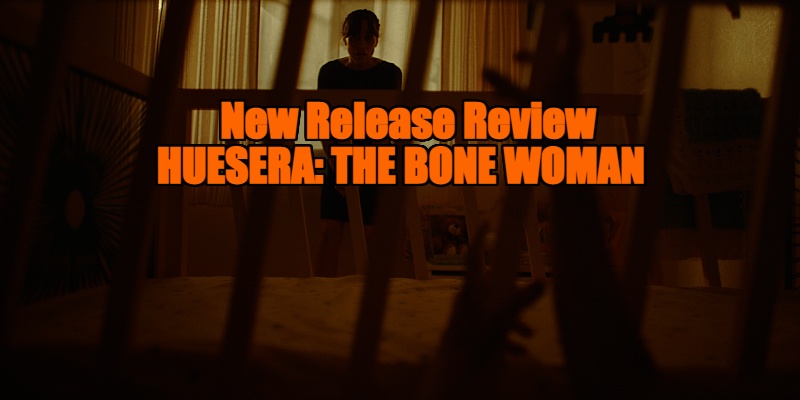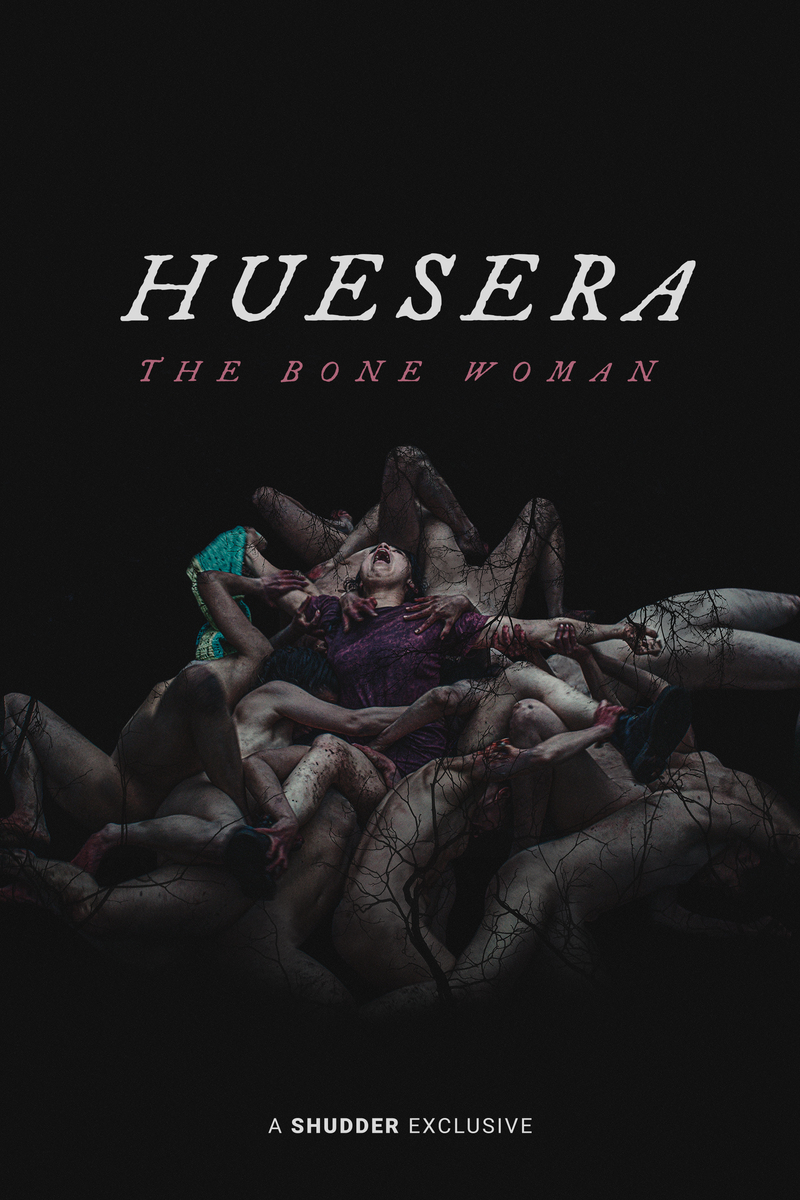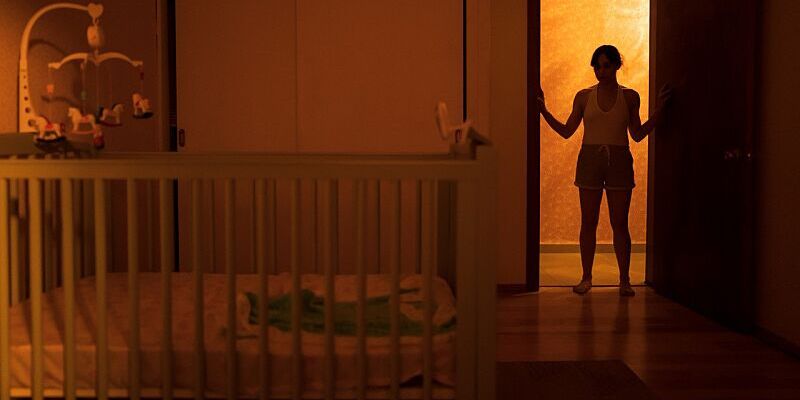
Review by
Eric Hillis
Directed by: Michelle Garza Cervera
Starring: Natalia Solián, Alfonso Dosal, Mayra Batalla, Mercedes Hernández, Sonia Couoh, Aida
López

Arguably only romantic comedies boast more female protagonists than
horror movies. There are several reasons why horror filmmakers favour
women in leading roles. Sometimes it's a simple case of exploitation,
but the reasoning is generally that viewers will sympathise more readily
with a woman in peril than a man in the same position. That might seem a
tad patronising, but even the many women filmmakers that have emerged in
the genre in recent years have continued the trend of female leads. It's
no surprise then that many horror movies have been centred around
expectant mothers, for when is a woman more vulnerable than while
carrying a child?

There are essentially two types of pregnant protagonists in horror
movies: those who fear they're carrying something evil inside them and
those who believe something evil is after their child.
Huesera: The Bone Woman, the feature debut of director
Michelle Garza Cervera (co-writing with Abia Castillo),
ostensibly falls into the latter category, but in more subtextual
fashion it also leans into the former. Its heroine, Valeria (Natalia Solián), is at once menaced by an evil presence while pregnant and also grows
to fear that the child inside her may end up ruining her life.
After trying for a while, Valeria and her hubby Raúl (Alfonso Dosal) receive the news that their apartment is soon to experience the
pitter patter of tiny feet. Valeria seems delighted, but we soon start
to question her motives in becoming a mother. A dinner with her family
sees her mocked for her apparent unsuitability for motherhood, with her
sister expressing puzzlement at how Valeria, who never previously showed
any interest in any children, has suddenly gone all maternal. It appears
Valeria is simply desperate to conform to societal expectations. This
seems largely inspired by an attempt to escape her rebellious past,
detailed in a flashback that sees a teenage Valeria with cropped, dyed
blonde hair engaged in a lesbian romance with the free-spirited Octavia
(Mayra Batalla). Following a chance encounter with Octavia,
Valeria ends up bedding her old flame once more, bringing her decision
to become a mother into further doubt.

As if all this wasn't enough for Valeria to contend with, she's only
haunted by a spirit that initially takes the form of a woman she
witnesses making a suicidal leap from a neighbouring balcony. Assuming
the woman has died upon hitting the ground, Valeria is horrified to see
her spring to life, despite having bones protruding form her legs. A
hysterical Valeria fetches Raul, but wouldn't you know it, there's no
sign of the injured woman when he looks over the balcony. This sets Raul
up as the classic male partner in movies of this ilk, initially
believing his wife is simply showing signs of stress but later worrying
that she's taken a psychotic turn that might harm his expectant
child.
The titular spirit is a creepy creation, and Cervera is wise enough to
keep it out of plain sight for most of the movie. We glimpse it
scuttling in the background, blurred through frosted windows, or
beckoning menacingly at a distance. Cervera employs some clever
compositions to generate the maximum amount of suspense. One
particularly impressive setup sees the camera look down a flight of
stairs as Valeria explores one floor while the scuttling skeletal spirit
makes its way into her apartment one floor above.

In simple horror terms, Huesera: The Bone Woman doesn't
stray too far from the conventions of this sub-genre. We have the
hysterical heroine, the hapless hubby, the ostracisation of friends and
family, a visit to a witch, and of course the climactic battle of good
and evil (rendered here in a unique dream state twist). It's what's
going on beyond the supernatural scares that makes Cervera's movie stand
on its own. A simple truth rarely expressed by movies is that many women
simply aren't interested in motherhood. It becomes clear Valeria is one
such woman, but the movie doesn't punish her for her actions, even when
she makes one final decision that will likely see her receive scorn from
many female viewers. Opening with a striking drone shot of a giant
statue of that symbol of patriarchal womanhood, the Virgin Mary,
Cervera's film questions the compatibility of Mexico's conservative
society with contemporary female wants and desires. In this way it would
make for a fitting thematic double bill with Amat Escalante's
The Untamed.


